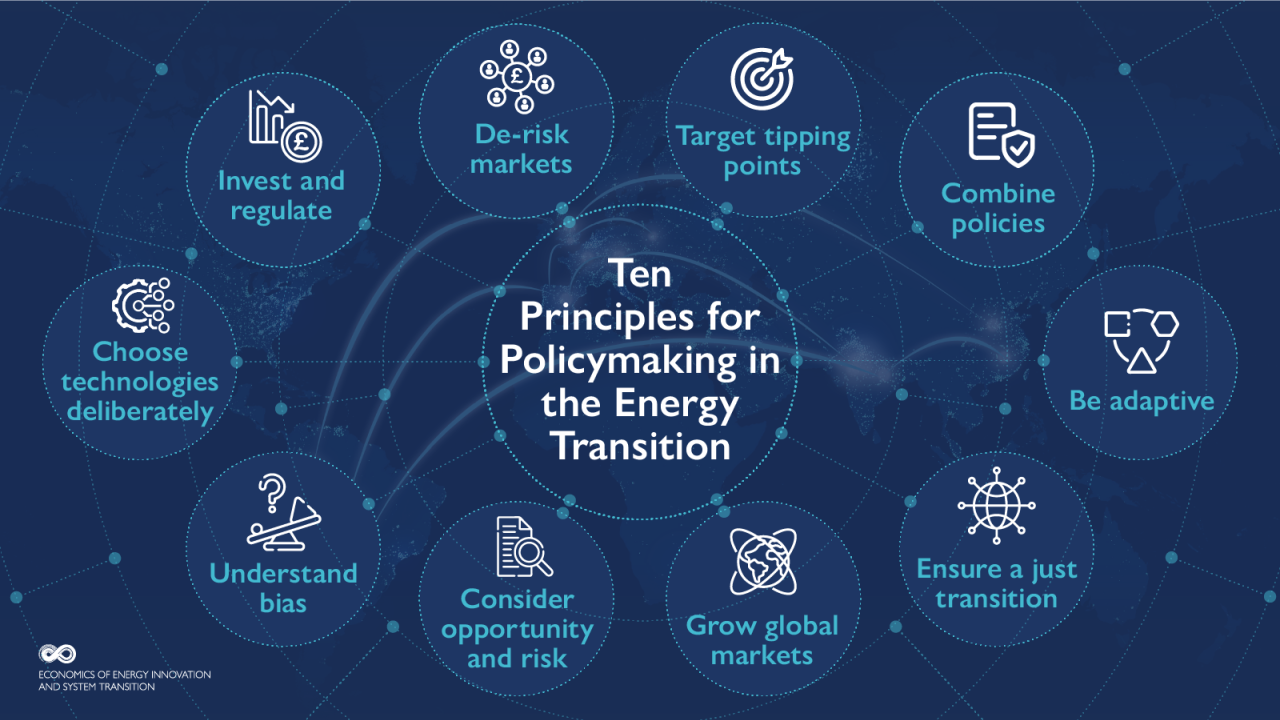
Cambridge Zero Fellow Dr Ramit Debnath captures global attention with new research
21 April 2023
Deadly heatwaves fuelled by climate change in 2022 made almost 90 percent of Indians more vulnerable to public health issues, food shortages and increased risks of death, a new study from researchers at the University of Cambridge - led by Cambridge Zero Fellow Dr Ramit Debnath - reported in the PLOS Climate journal.

Conspiracy Theories and Geoengineering: A data-driven look at how online climate misinformation works
20 March 2023
Dr Ramit Debnath, Cambridge Zero Fellow, led an interdisciplinary team of political scientists, engineers, and justice theorists to investigate how online conspiracy theories are having an impact on the funding for research into new climate technologies like solar geoengineering, which could help lessen the effects of climate change. Read more about the study here.

New Research: COP must reverse rising pessimism over building sector decarbonisation
18 November 2022
The building sector is one of the most important and challenging to decarbonise because it involves a complex overlap of people, places and practices that creates a barrier to designing just emission reduction policies. In a new study led by Cambridge Zero Fellow Ramit Debnath, researchers found that social media engagement with climate policy events is vital to reducing building emissions and ensuring environmental justice.

Governments must invest and regulate to bring down energy costs, finds pioneering report
22 September 2022
Ten Principles for Policymaking in The Energy Transition, a pioneering new report co-authored by energy policy experts from the University of Cambridge’s Centre for Environment, Energy and Natural Resource Governance, sets out how a different approach to policy can empower governments to accelerate innovation, reduce costs and de-risk markets. The report finds that government investment and regulation is key to rapidly bringing down the cost of clean technologies. New principles for policymaking can unlock faster and cheaper technology growth, from green hydrogen to net zero steel, to cut emissions and boost economies.

Study shows competition created by China’s rise as a technology superpower led to significant increases in clean energy investment
15 September 2022
The first major study of driving forces behind government funding of energy RD&D – and the public institutions generating it – over the 21st century shows that competition created by China’s rise as a technology superpower led to significant increases in clean energy investment. The study led by University of Cambridge and University of California, Berkeley, and published in the journal Nature Energy, also found that cooperation commitments at a UN climate conference were not just empty words, and did boost 'cleantech' innovation, albeit a long way off levels required to hit net zero or prevent two-degree warming.

Placing people at the heart of net-zero transition with the new Cambridge Zero Fellowship
18 July 2022
We are pleased to announce that Dr Ramit Debnath has been awarded an inaugural Cambridge Zero Fellowship to improve public understanding of climate change. Learn more about his work to uncover the institutional structure of climate change misinformation and the role of social media platforms in this article.

Southern Ocean front detection using unsupervised classification: A new paper on applied machine learning
1 December 2021
This paper presents a complementary new approach for calculating ocean fronts using an unsupervised classification method called Gaussian mixture modelling (GMM) and a novel inter-class parameter called the I-metric. By researchers at the University of Cambridge, the British Antarctic Survey and Sorbonne University LOCEAN-IPSL Laboratory.

CO2 recycling in Ethylene Oxide plants: potential paradigm shift in how chemical industry could start rapid de-carbonisation
28 April 2021
To avoid environmentally and economically devastating climate breakdown, quick action to reduce greenhouse gas emissions is essential. Dr. Magda Berecka describes exiting new research that showcases an economically viable way to implement CO2 conversion reactors through their integration into an existing chemical production process.